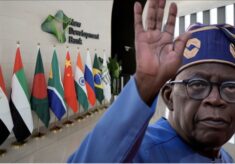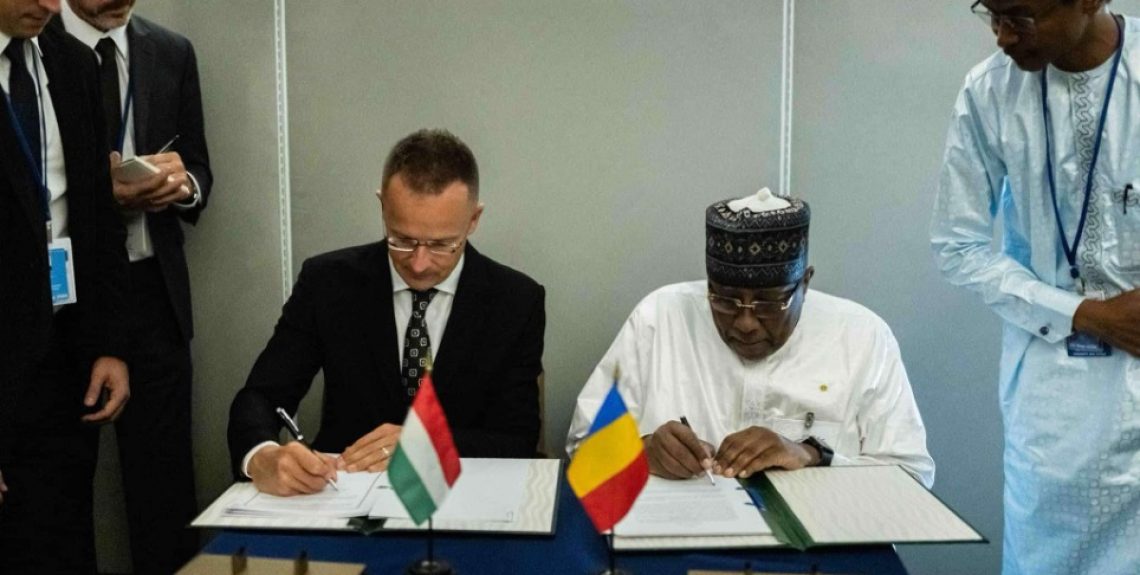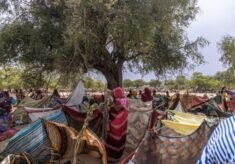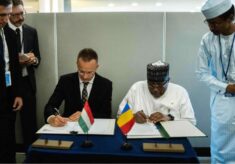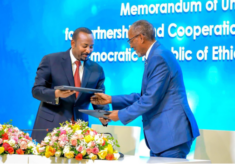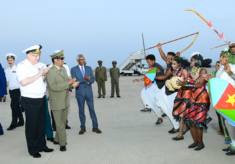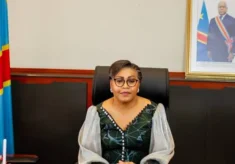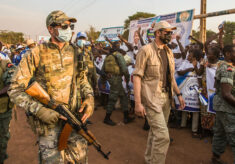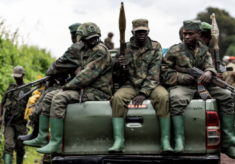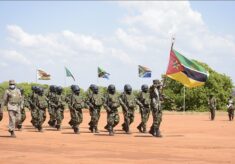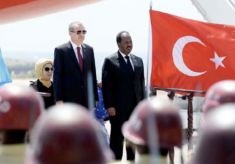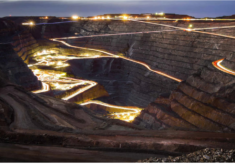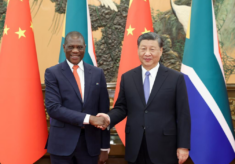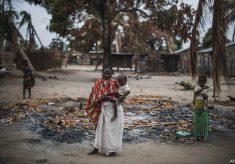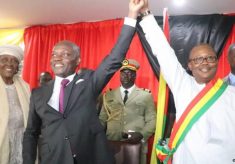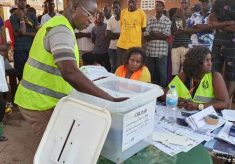Last September, Hungary’s Minister of Foreign Affairs and Trade, Peter Szijjarto, and Chad’s Minister of Foreign Affairs, Abderahman Koula Allah, formalised a cooperation agreement aimed at addressing irregular migration from Sub-Saharan Africa, combating terrorism, and supporting Chad’s food and healthcare sectors. Approved by the Hungarian National Assembly in November 2023, this agreement marks Hungary’s first official partnership with an African nation and its initial “independent engagement” in Chad. Notably, Prime Minister Viktor Orban’s son, Gaspar Orban, has been appointed as the mission’s “liaison officer”.
Chad’s strategic location in Central Africa, bordered by conflict-prone nations such as Sudan, Libya, Niger and the Central African Republic, as well as the presence of Western military contingents, including over 1.000 French troops (due to be reduced and redeployed by end of 2024), underscores its importance as a partner for Western powers focused on curbing illegal migration and combating terrorism in the Sahel.
The agreement includes a financial package of approximately 200 million euros to strengthen Chad’s food and agricultural sectors, with an additional 1 million euros allocated for healthcare initiatives through Hungary Helps, the state aid agency. Hungary, leveraging its EU Council presidency, has also secured 14 million euros from the European Peace Facility to bolster Chad’s security. Moreover, 25 annual scholarships will be provided for Chadian students to study at Hungarian universities, fostering educational and cultural ties.
The agreement also involves the deployment of 200 Hungarian military personnel to Chad (possibly special forces, already combat proven in Afghanistan), intended to remain until the end of the year. However, questions have been raised about whether this relatively small force can effectively contribute to addressing Chad’s significant security challenges, prompting speculation about other potential motives for the mission. By the way also France and Russia have declared the same interest in the stabilisation of the country
Indeed, Hungary’s partnership with Chad could also reflect deeper strategic interests related to Chad’s substantial natural resources, including uranium, oil, and gold. These resources are particularly significant for Hungary, given its ongoing nuclear power projects, such as the Paks Nuclear Power Plant, developed in collaboration with Russia.
Concerns have also been voiced regarding Hungary’s potential alignment with Russian geopolitical objectives in Africa, especially amidst the expanding influence of the African Corps in West Africa, which has seen several military regimes align with Russian support.
As an EU country positioning itself as an appealing alternative to traditional allies like France while maintaining strong ties with Moscow, Hungary offers Chad a nuanced partnership. For Chadian President Mahamat Idriss Deby, who came to power through a military transition council following his father’s death, Hungarian military support could bolster his domestic legitimacy and enhance his international profile. Deby aims at a neutral Chad vis-à-vis the rising tensions between Russia and the Euro-Atlantic countries, balancing efforts to curb Russian influence with essential Western alliances. This strategy is particularly relevant following the withdrawal of EU forces from neighbouring Mali, Burkina Faso and Niger. Chad could become the only regional pivot (or hub) for French and EU military cooperation
